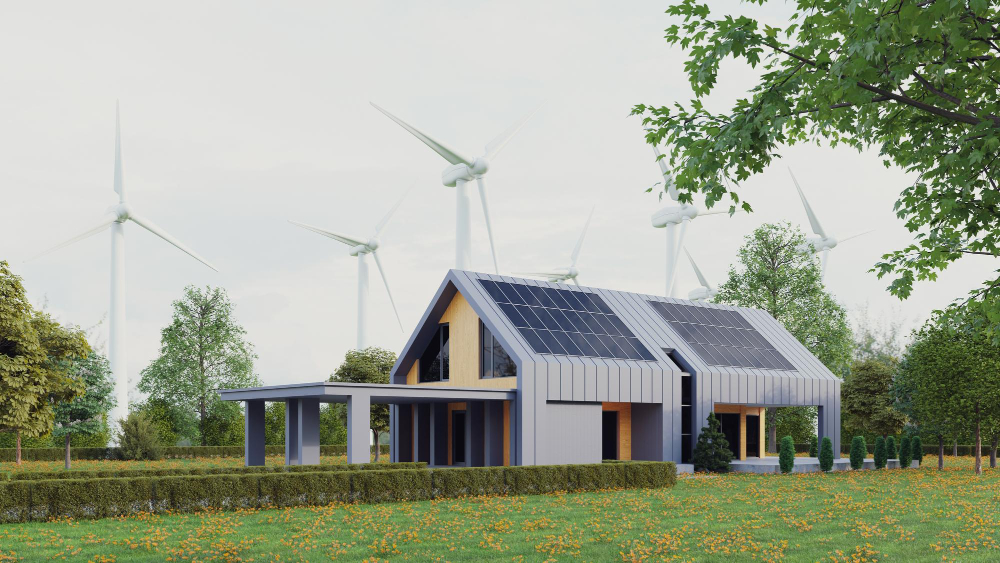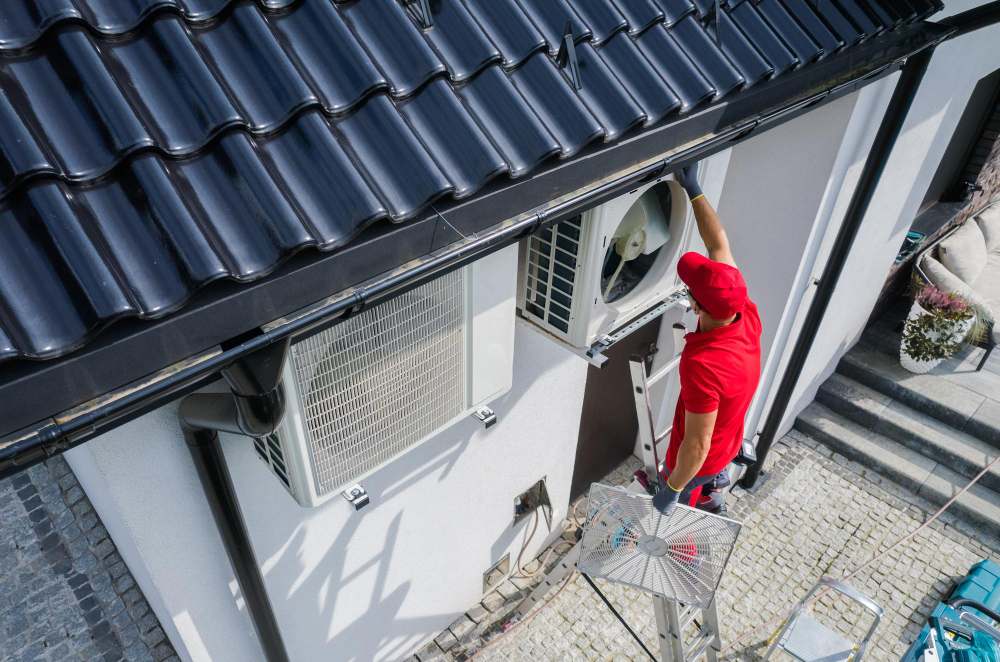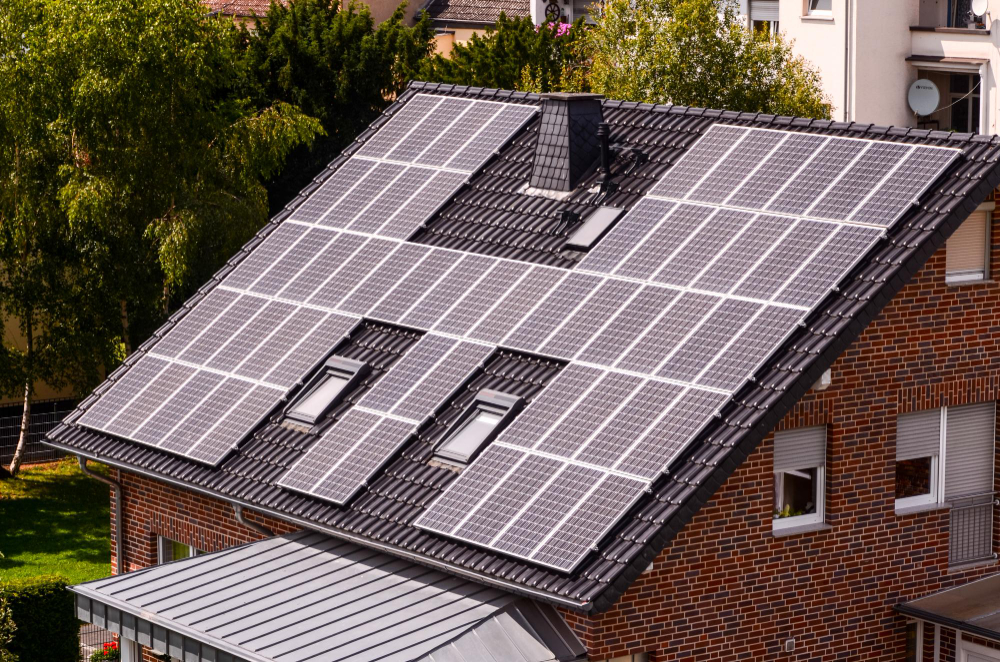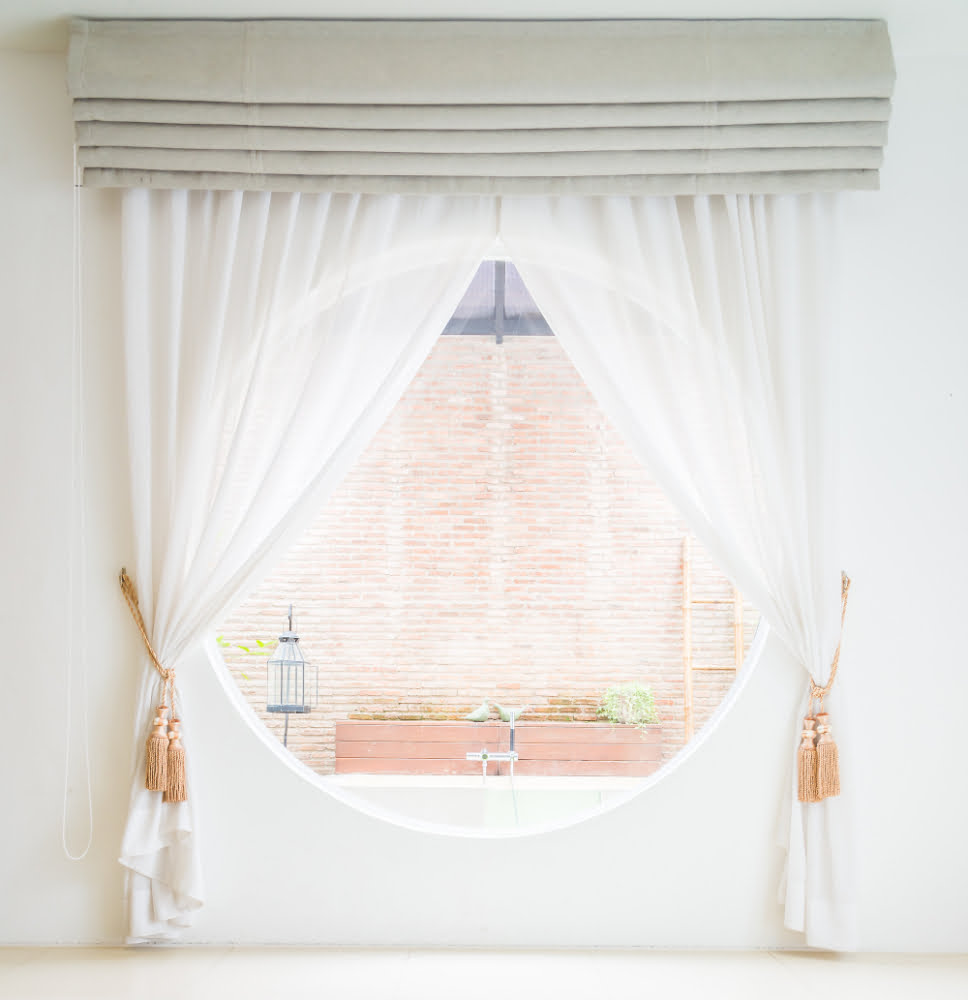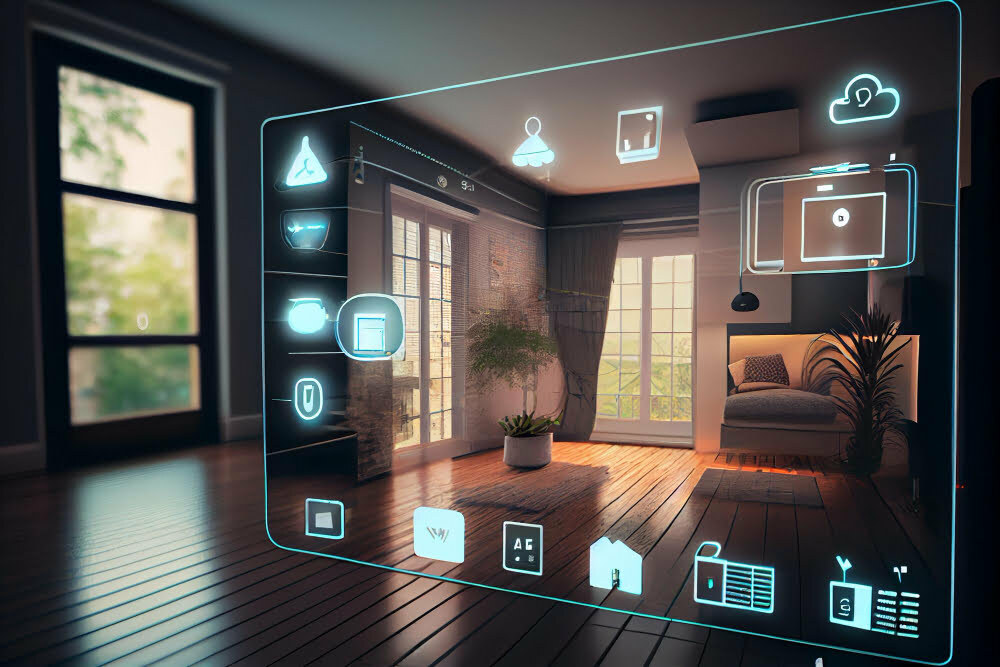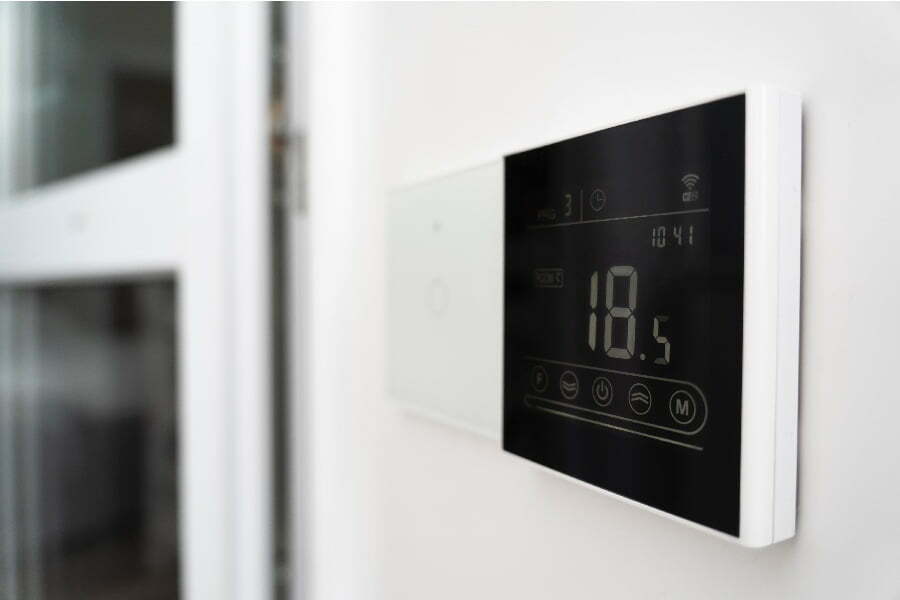Last updated on
Are you a house owner? If so, then you are probably aware of the effects your lifestyle has on the environment. Taking small steps to make your home more eco-friendly can help reduce pollution and waste while also using fewer resources.
By making sustainable choices here and there, even just around your own household, you have the potential to make a much bigger impact than you might think. In this blog post, we’ll dive into some of the best eco-friendly tips every house owner should know about in order to take measures towards protecting our planet for future generations.
Use an Air Conditioner Wisely
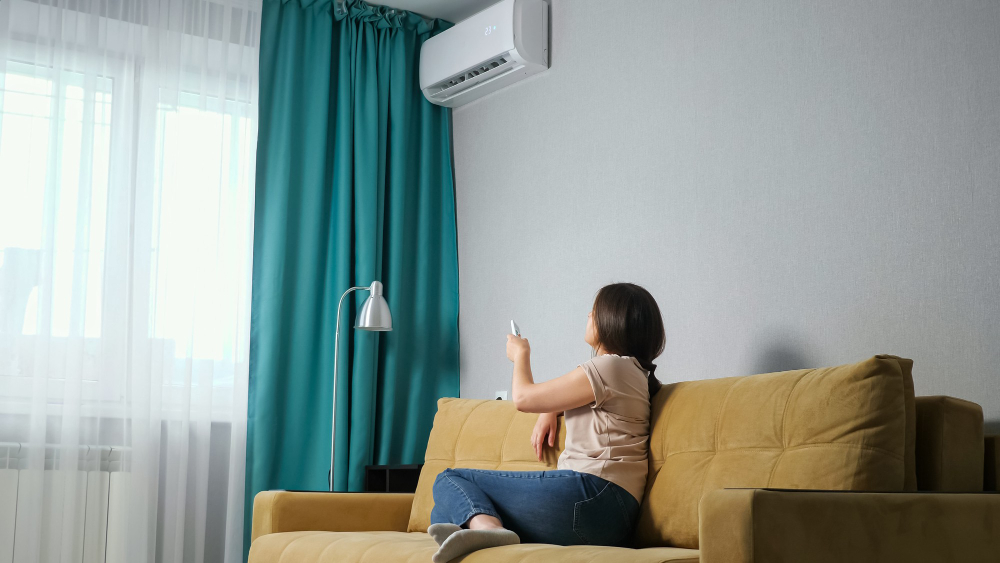
Change the air filter regularly to ensure it runs efficiently and doesn’t waste energy. Set the temperature at a comfortable level, ideally below 78°F, as each degree increase can result in a 3-5% increase in energy consumption.
Experts at AireTexas.com say that regular maintenance and proper use of your air conditioner can save you up to 15% on your energy bills. Additionally, avoid using the air conditioner when not necessary, such as when you are away from home or during mild weather, to conserve energy and save money.
Choose Energy Efficient Appliances
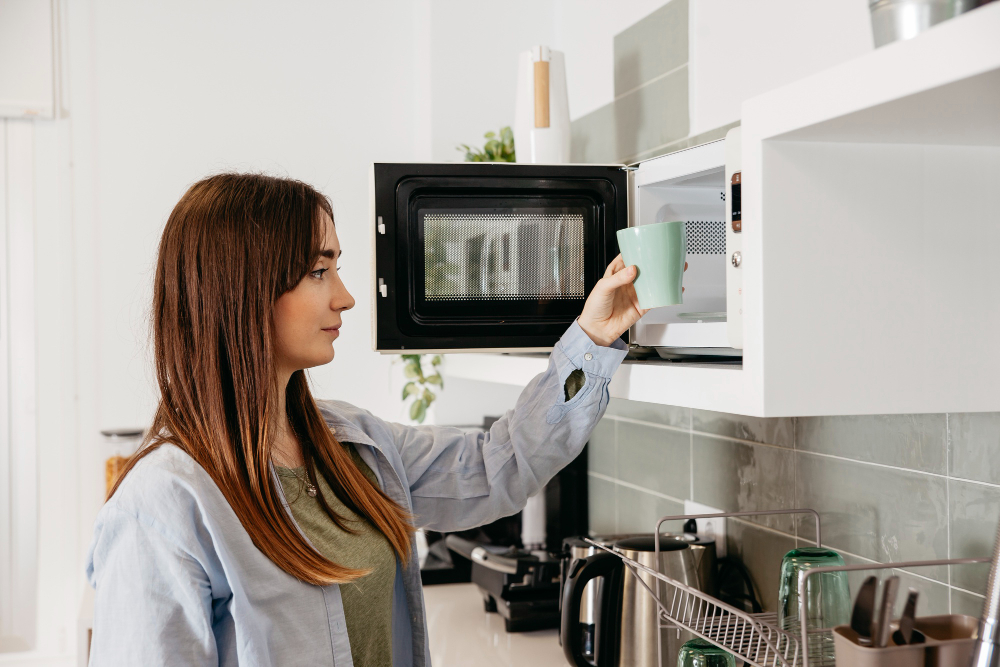
Invest in energy-efficient appliances like refrigerators, dishwashers, and washing machines to reduce your carbon footprint. These appliances use less energy and water, which not only helps the environment but also saves you money on utility bills.
Look for Energy Star labels when shopping for new appliances as they are certified to be energy efficient by the US Department of Energy and the Environmental Protection Agency. Investing in energy-efficient appliances is a smart choice for both your wallet and the planet.
By choosing appliances with the Energy Star label, you are not only reducing your carbon footprint but also saving money on utility bills. These appliances use less energy and water which is not only beneficial for the environment but also helps to conserve our natural resources.
Install Solar Panels
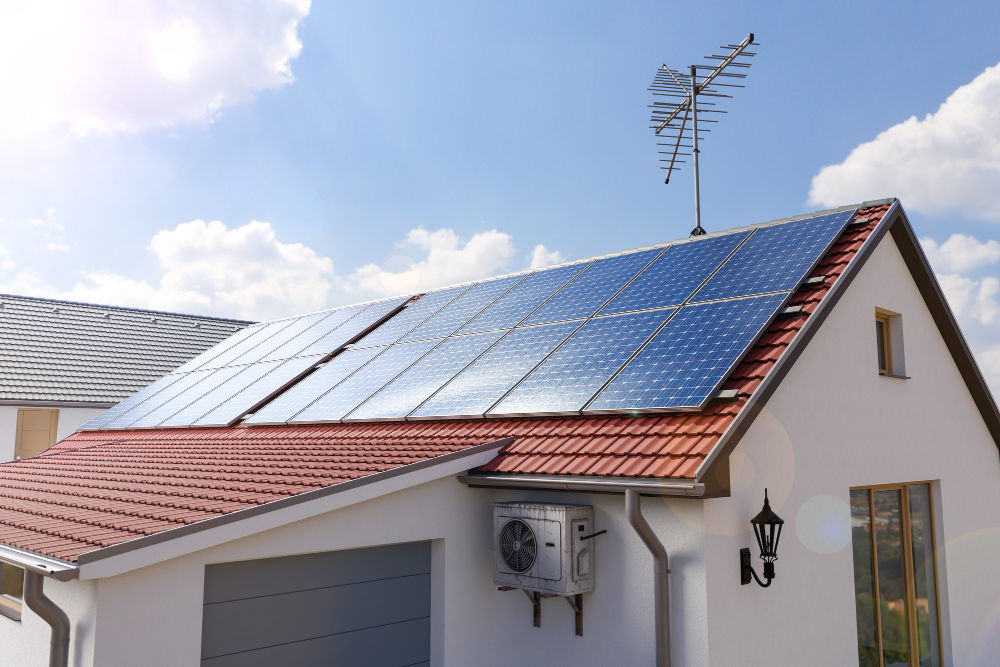
Consider installing solar panels to produce renewable energy and lower your power bills in the long run. Solar panels use energy from the sun, a renewable source, to generate electricity for your household.
Not only does this reduce your dependence on non-renewable sources of energy like coal or natural gas but it also helps to reduce air pollution and greenhouse gas emissions. In addition, some areas offer incentives or tax credits for installing solar panels, making it an even more attractive option. While the initial cost may be high, the long-term benefits of installing solar panels are worth it for both you and the environment.
Insulate Your Home
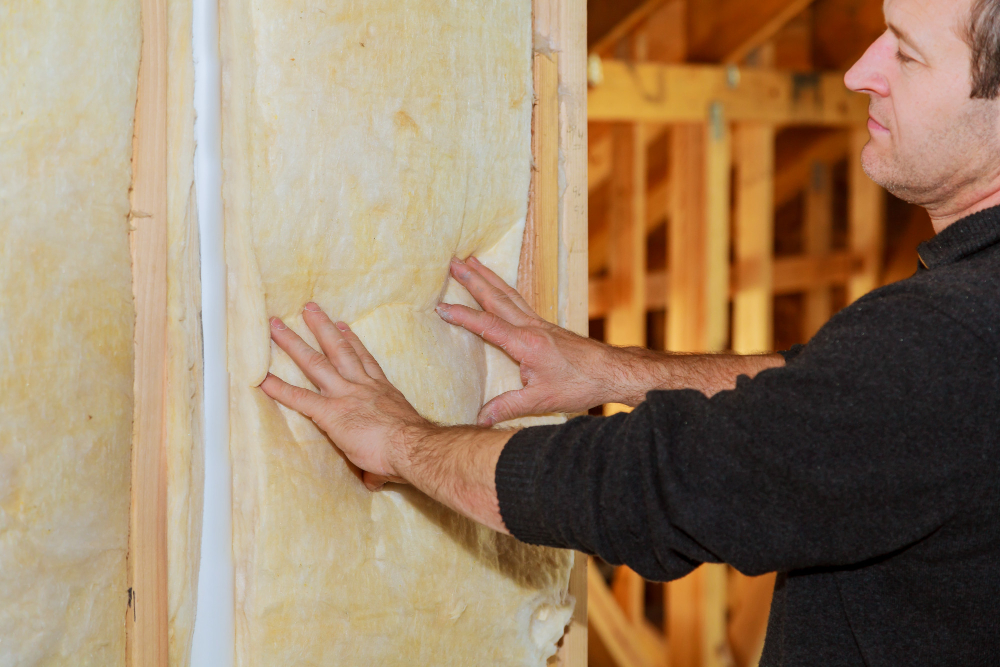
To ensure optimal temperature control and energy efficiency, it is crucial to utilize proper insulation. During the scorching summer months, adequate insulation helps to retain cool air indoors, while in the chilly winter season, it keeps the warmth inside.
By effectively insulating your home, you not only reduce your energy bills but also minimize the need for excessive heating or cooling, thereby contributing to the reduction of air pollution. Consider incorporating eco-friendly insulation materials, such as recycled denim or cellulose, which offer a sustainable alternative to traditional options like fiberglass.
These green insulation materials not only provide effective thermal insulation but also have a lower environmental impact, aligning with your commitment to a greener and more sustainable lifestyle.
Install Low-flow Fixtures
Replace old plumbing fixtures with low-flow options to save water and reduce water bills. Low-flow fixtures, such as showerheads and faucets, use less water without sacrificing performance.
This is a simple yet effective way to reduce your household’s water consumption and contribute to conserving this precious resource. In addition, you can also consider installing a rainwater harvesting system to collect and reuse rainwater for activities such as watering your garden or flushing toilets.
Switch to LED Lights
Upgrade your lighting system with LED lights for long-term savings and energy efficiency. LED lights can last up to 25 times longer than traditional incandescent bulbs and use significantly less energy.
This not only reduces your energy bills but also decreases the amount of waste produced from constantly replacing light bulbs. In addition, LED lights do not contain harmful chemicals like mercury found in fluorescent bulbs, making them a safer and more eco-friendly option for your household.
Making your home more eco-friendly may seem challenging, but by implementing these simple tips, you can make a significant impact on the environment. From using energy-efficient appliances to utilizing renewable energy sources and making small changes in daily habits, every action counts towards creating a greener and more sustainable future.
So, let’s make conscious choices and incorporate these eco-friendly tips into our lives to help protect the environment and reduce our carbon footprint.
Related reading:
Table of Contents
